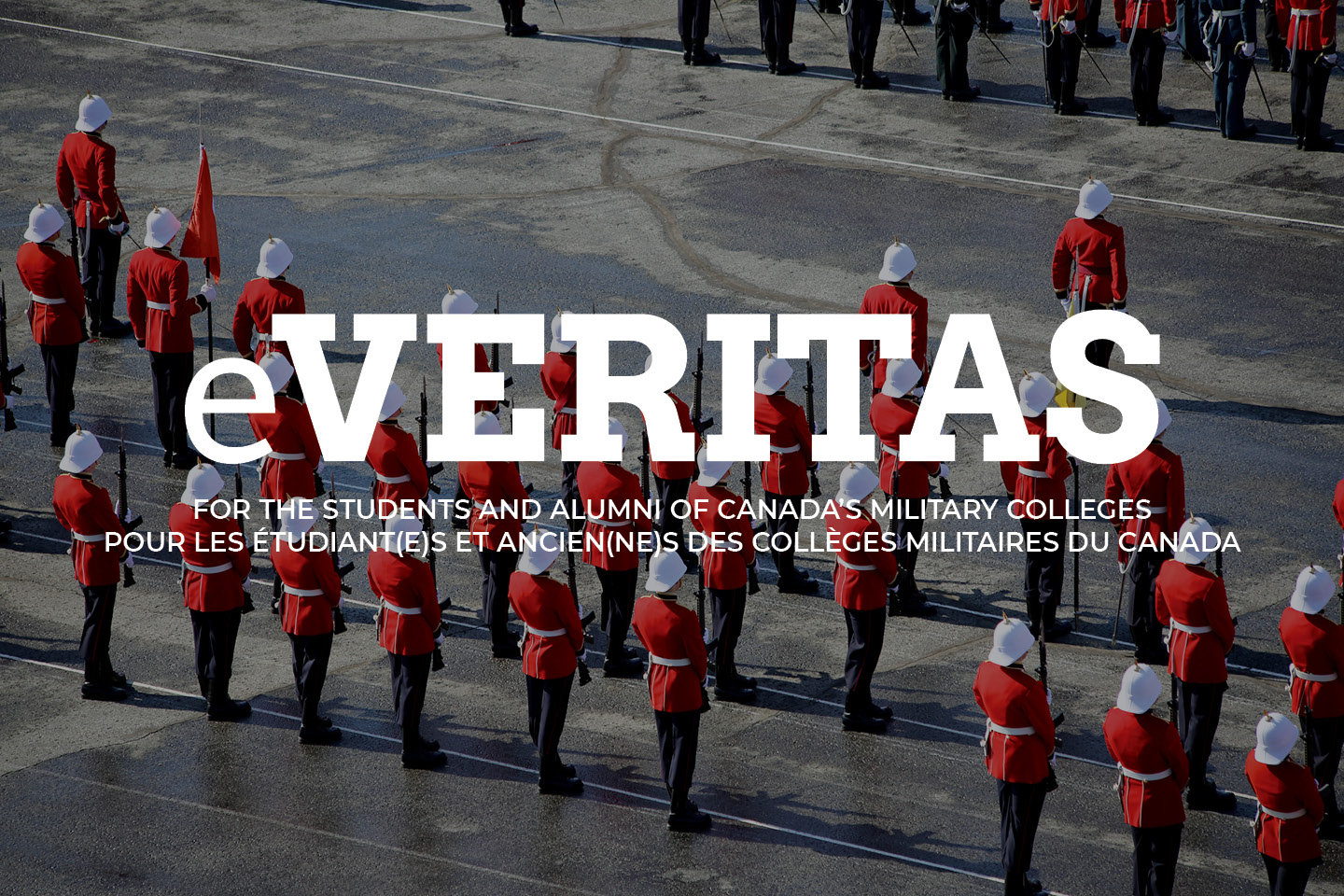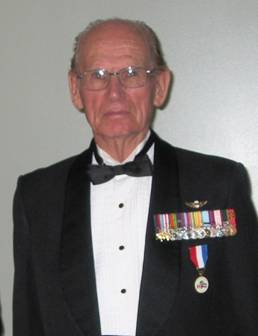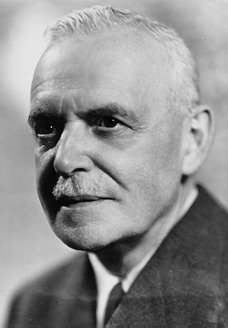
What ever happened to –
 RSM John James Thomas McManus, CD (Retired)
RSM John James Thomas McManus, CD (Retired)
Military Career (1937 to 1972) -Served at RMC 1961 -71
.
.
.
.
![]()
 Prime Minister The Right Honourable, Louis St. Laurent’s address
Prime Minister The Right Honourable, Louis St. Laurent’s address
AGM Royal Military College Club on September 30, 1950
The following extract from the Prime Minister The Right Honourable
Louis St. Laurent’s address to the Annual Meeting of the Royal
Military College Club on September 30, 1950 concerns his reference to
the availability for service in Europe of the Canadian Army Special
Force.
At the present time the Force is being trained for service in Korea,
if that seems to be the right place to send it when it is trained and
ready. But there are other areas in the world; for what has happened
in Korea might be repeated, and it might be that our Special Force
would be despatched to some entirely different place if circumstances
warranted and Parliament approved.
“Provided the Korean incident is successfully terminated before too
long a time has elapsed, the Special Force would be available for
service as part of a deterrent force in Europe, if its employment
there would fit in effectively with the joint plans.” Meanwhile, as
you all know, the most important obstacle to the creation on the
Continent of Europe of extensive ground forces is the shortage of
equipment and of the capacity to produce equipment, weapons and
supplies. I don’t need to tell you either that, speaking generally,
it takes longer to get into large-scale production than it does to
train men to a fighting pitch. For the immediate future, therefore,
so far as Europe is concerned, there is a most urgent need for
military supplies to be put into the hands of the men who are already
there.
Now I must admit I have been rather surprised to see that this point
has been misinterpreted in certain quarters and that it has been
suggested that Canadians are going to be too busy producing munitions
to do any of the fighting. It seems to me Canada’s proud record of
participation in two world wars is a simple and sufficient answer to
any such suggestion. But at present there is no fighting going on in
Europe, and what we are concerned about is trying to prevent another
war starting over there, and that means putting up the best possible
evidence of united ability and readiness to resist and overcome any
possible aggression.
![]()

The Project Gutenberg e-book of personal narratives of ex-Royal
Military College cadet George Brenton Laurie, 1867-1915 were edited
by his wife, Florence Vere-Laurie and dedicated to his children,
George, Blanche Sydney Vere. The Letters of Lieutenant-Colonel George
Brenton Laurie (commanding 1st Battalion Royal Irish Rifles) dated
November 4th, 1914-March 11th, 1915, cover his service in France,
Andorra, and Monaco during World War, 1914-1918. 160 George Brenton
Laurie (RMC 1885) began studying at the Royal Military College,
Kingston, Canada in 1883. He joined the Royal Irish Rifles as a
Lieutenant in September, 1885, going with them to Gibraltar in 1886,
and on to Egypt in 1888. He took part in the Nile Campaign in 1889,
but, contracting smallpox at Assouan, he was sent home to recover,
and spent two years at the Depot at Belfast, rejoining his battalion
in Malta. In March, 1901, he was appointed a special service officer,
including the command of a mounted infantry battalion for the South
African War. He was present at operations in the Transvaal, Orange
River Colony, and Cape Colony, between April, 1901, and May, 1902,
having been Mentioned in Despatches for his services (London Gazette,
July 29th, 1902), also receiving the Queen’s Medal with five clasps.
After peace was signed he served in Ireland, and in October, 1904,
obtained his majority. Afterwards he served in England till, becoming
Lieut.-Colonel in 1912, he went out to India to take command of the
1st Battalion Royal Irish Rifles. He wrote the History of his
Regiment and a history of “The French in Morocco.” When the European
War broke out in August, 1914, he was at Aden with his battalion, and
until anxiety in Somaliland was allayed the Irish Rifles were
detained there, only reaching France in November. They spent the
winter in the trenches, taking their share in the fierce fighting in
December. On March 10th, 1915, they took part in the attack on Neuve
Chapelle, and were the first battalion to reach the village, but
losses were heavy. A sergeant-major wrote: “Our Colonel was
everywhere, encouraging his men, and seeming to bear a charmed life.
He knew no fear, and walked quietly in front of us as if no
bombardment were going on.” On Friday evening, March 12th, a fresh
assault was ordered. Lieut.-Colonel Laurie rallied his exhausted men,
and, calling out “Follow me! I will lead you!” he sprang over the
parapet, revolver in hand. A moment later he fell shot through the
head. He was buried with his fallen officers and men in a garden near
Neuve Chapelle. During this war he was twice Mentioned in Despatches
(Gazette, January 14th, 1915; and after his death, May 31st, 1915).

